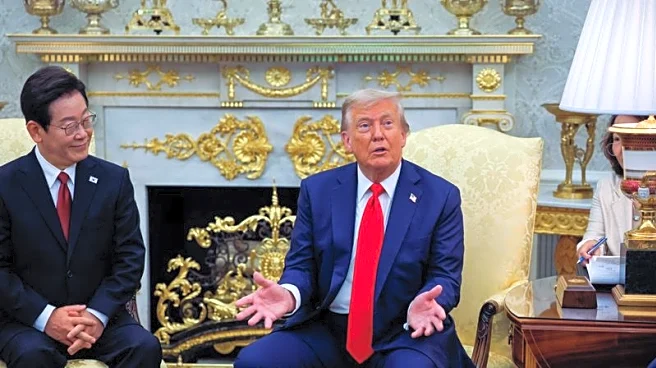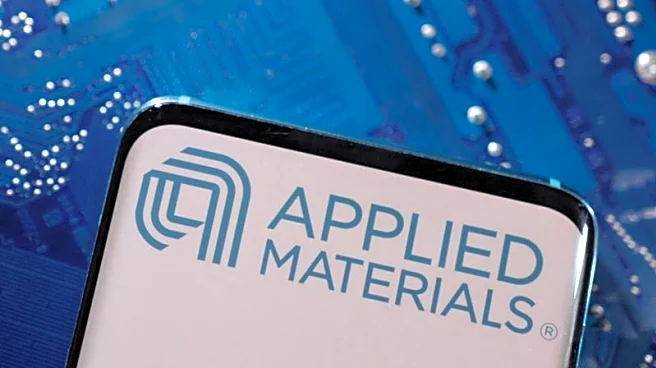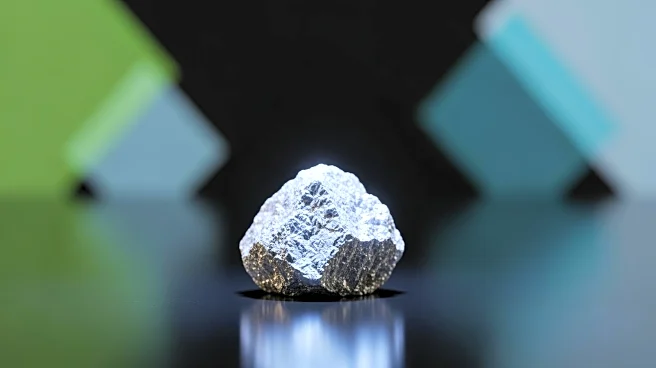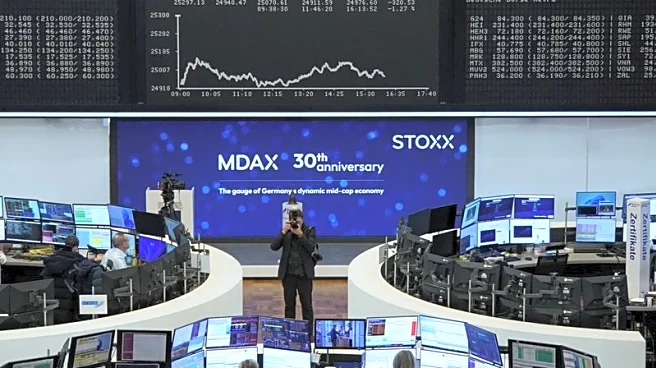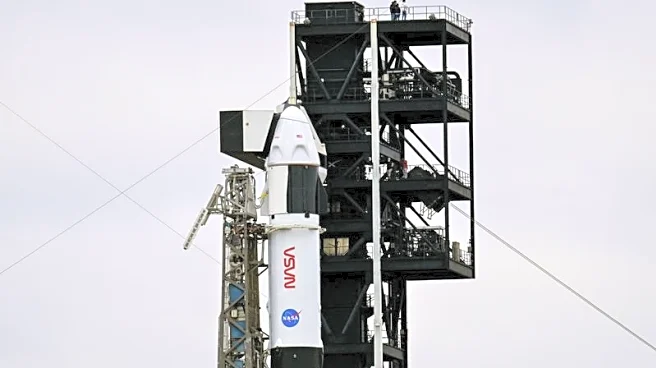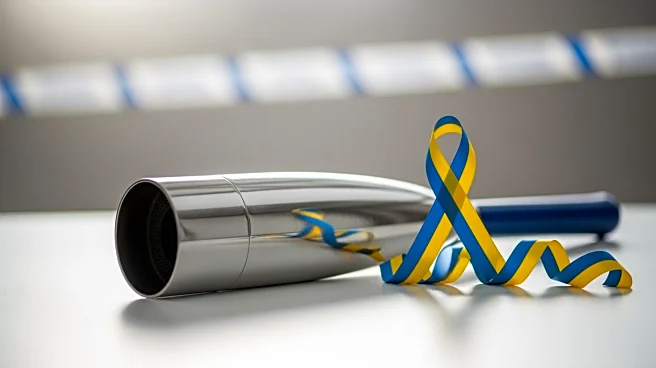By Ju-min Park, Heejin Kim and Joyce Lee
SEOUL (Reuters) -South Korea's Lee Jae Myung narrowly avoided what he called a "Zelenskiy moment" after U.S. President Donald Trump welcomed him to Washington with right-wing conspiracy theories but then pulled off a high-stakes summit without unwanted drama.
Monday's summit, the first between the two leaders, was largely what South Korea had hoped for, despite its inauspicious start, officials and analysts said.
Most importantly, the South Koreans dodged their
biggest fear: an Oval Office ambush similar to the testy exchange in February when Trump berated Ukraine's Volodymyr Zelenskiy over U.S. aid and the war with Russia.
"President Lee’s Oval Office press availability appeared to go better than expected," said Leif-Eric Easley, professor of international studies at Ewha Womans University in Seoul, noting Trump expressing support for Lee’s approach toward North Korea and enthusiasm for engaging Kim Jong Un.
Major questions remain over how much exactly South Korea will agree to pay toward the basing of 28,500 American troops, and many details are still being worked out in the hastily negotiated tariff agreement, which has yet to be put in writing.
But Lee avoided any explosive clash that some observers feared could publicly fracture the long-term alliance at a time when North Korea is leaping forward with nuclear weapons and ballistic missile development, and deepening ties with Russia.
Lee and Trump displayed a chummy and mutually flattering vibe while glossing over the prickly trade and defence issues and defusing a potential conflict related to South Korea's political crisis in December.
Just a few hours before the pair was due to meet at the White House on Monday, Trump penned a social media post saying "WHAT IS GOING ON IN SOUTH KOREA? Seems like a Purge or Revolution," and saying he would raise the issue with Lee.
"Before I met with President Trump today, he posted on Truth Social a very threatening post," Lee said with a laugh at an event at the Center for Strategic and International Studies after the summit.
"My staff was worried that we might face a Zelenskiy moment," Lee said. "But I already knew that I would not face that kind of a situation. That’s because I had read President Trump’s book, 'The Art of the Deal.'"
Trump eased his tone and described his earlier comments as a potential "misunderstanding" and "rumour" after Lee explained that investigators conducted a raid confined to the Korean side of a base operated jointly with U.S. in connection to the political crisis. Lee's office said he didn't really raise it again in their private discussions.
Instead of a dramatic clash, flattery and warm words dominated the conversation in the Oval Office where the two sat down and talked about Trump's "good relationship" with North Korean leader Kim Jong Un.
"The summit ended without drama," said Cheong Seong-chang, vice president at Seoul-based Sejong Institute.
But keeping things vague means South Korea had policy goals of its own that went unaddressed, including requests for U.S. approval for nuclear fuel reprocessing and revising American laws on shipbuilding, Cheong noted.
"Trump didn't embarrass Lee and both sides seemed to try to avoid sensitive issues, such as South Korea's political position in the tensions between China and Taiwan," said Jun Kwang-woo, chairman at Institute for Global Economics. "Trump is probably not in a situation now to create tensions with Lee while he's already under pressure with frictions with other countries."
Yang Uk, of Seoul's Asan Institute for Policy Studies, said Trump's pressure on South Korea was a sign that he understands how much he can potentially gain from the country.
"(Trump's) basic formula of first shaking the other person as much as possible, then getting what you want, was applied," Yang said.
Lee said he had observed in negotiations with other countries that Trump would often present difficult conditions, but at the final stage would come to a reasonable conclusion.
"And because of the importance of the Korea-U.S. alliance, I was confident that he would not inflict a wound to our alliance," Lee said. "Everybody gave me the advice to have patience."
(Reporting by Ju-min Park, Heejin Kim and Joyce Lee; Writing by Josh Smith; Editing by Lincoln Feast.)
